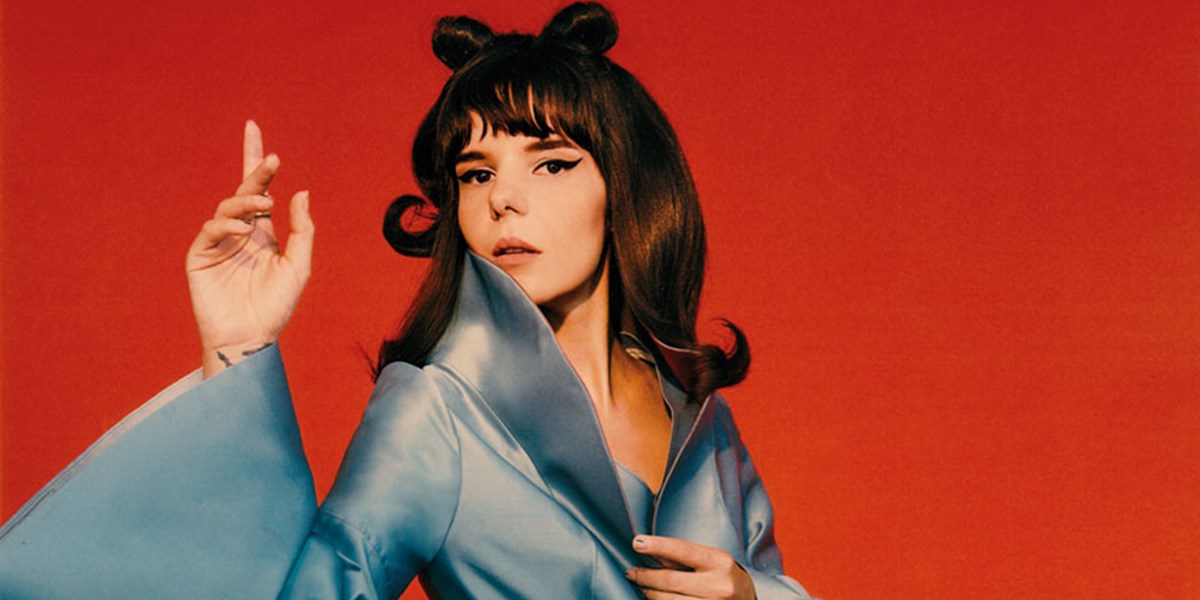Wednesday, February 20, 2019
Gaye Su Akyol: fantasy is reality
Gaye Su Akyol is taking the world by storm with her psychedelic, surrealist take on Turkish rock. She tells Robert Rigney how she bridges worlds: between East and West, fantasy and reality, old and new


Register now to continue reading

Thanks for visiting the Songlines website, your guide to an extraordinary world of music and culture. Sign up for a free account now to enjoy:
- Free access to 2 subscriber-only articles and album reviews every month
- Unlimited access to our news and awards pages
- Our regular email newsletters

